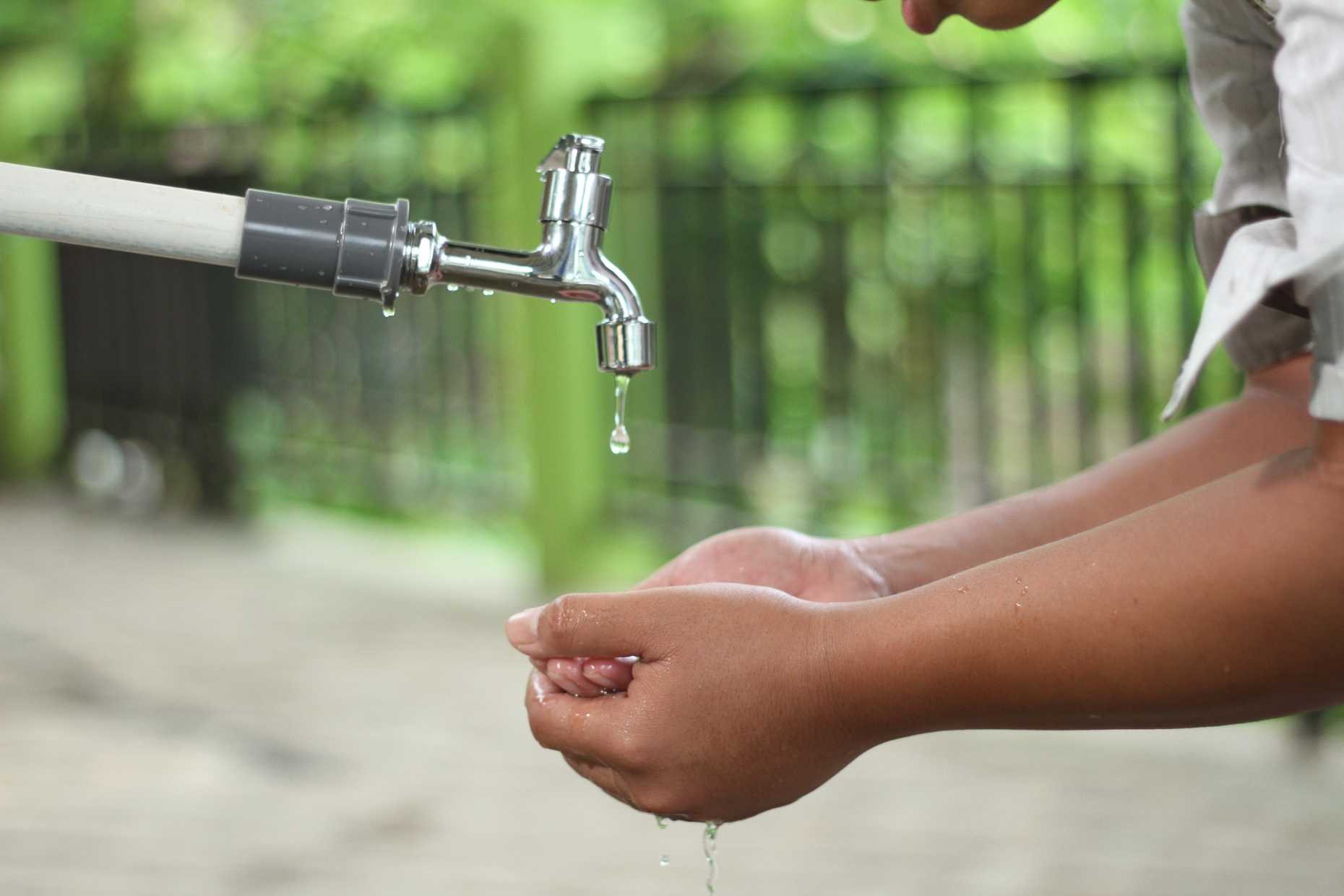Meet the Research Challenges Grantees Spring 2020
We are excited to present you the 2nd round winners of the ETH4D Research Challenges. The Committee favoured 2 innovative projects focusing on improving lives of people in low income settings: Chlorination Intervention for Rural Supplies in Guatemala and New Public Lighting for Informal Settlements in South Africa.

The second round of applications closed on 28th February 2020 and 2 submitted proposals were reviewed by the ETH4D Committee for Research Challenges. They evaluated the quality, feasibility, relevance, applicability, team qualifications and diversity and own financial and in-kind contributions of these projects. Based on the criteria following projects were selected for funding through the ETH4D Research Challenge Grants:
Chlorination Intervention for Rural Supplies
ETH4D Principal Investigator: external page Dr. Sara Marks, external page Department Sanitation, Water and Solid Waste for Development, EAWAG
Focus country: Guatemala
Project partners:
Delivering safe drinking water remains a global challenge, particularly in remote rural areas. Existing water treatment methods often fail due to their reliance on sustained behaviour change, difficulties with repairing or replacing parts, and a lack of local material supply chains. Low-cost in-line chlorination technologies have great potential for achieving sustained treatment of small rural drinking water systems. However, little evidence exists on the effectiveness of these novel chlorination technologies installed at the system level, particularly in a rural context.
The project aims to systematically evaluate the applicability of a locally constructed in-line chlorination device designed by Helvetas Swiss Intercooperation in the Lake Atitlán region of Guatemala. The project uses a mixed-methods approach, consisting of a controlled before-after community-level assessment and an interrupted time series analysis in four communities. The study evaluates the technical and cost performance of the chlorination device, water users’ acceptance and satisfaction with their water service, system management practices, and child health status.
The results generated by this study will directly inform Helvetas’s future investments in treatment upgrades for piped schemes across rural Guatemala. The findings will also contribute to the evidence base regarding applicable disinfection approaches for piped supplies in rural communities globally.
New Public Lighting for Informal Settlements
ETH4D Principal Investigator: Prof. Isabel Günther, Development Economics Group; Yael Borofsky, Development Economics Group/Institute for Science, Technology, and Policy; Stephanie Briers, Institute for Science, Technology, and Policy
Focus country: South Africa, Cape Town
Project partners:
Rapid urbanization worldwide has led to public service challenges that disproportionately affect residents of informal and poor neighborhoods. While much work focuses on access to water, sanitation, and electricity, public lighting is a neglected topic in research and policymaking. Few informal neighborhoods have sufficient public lighting, yet it might play an important role in enabling people to feel safe outside at night as well as in accessing shared basic services, like toilets or water taps.
This transdisciplinary project, which is a collaboration between the ETH Development Economics Group and the ETH Institute for Science, Technology, and Policy (ISTP), uses a field experiment to test the efficacy of a new public lighting technology — solar lights mounted onto residents’ houses — in an informal settlement in Cape Town, South Africa. The idea for using outdoor solar lights as a public lighting solution was developed as part of ISTP PhD student Stephanie Briers’s doctoral work.
In Cape Town, the majority of informal settlements receive public lighting from 30-40 meter tall high-mast lights, typically used for stadiums, despite the technology’s failure to provide sufficient light in dense, urban spaces. The project both qualitatively and quantitatively evaluates the impact of improved public lighting on life at night, in particular, mobility, outdoor activities, and perceived safety.
The technology could also be a solution for other cities in Africa, many of which lack public lighting in informal neighborhoods altogether.
The findings from this research will provide the City of Cape Town’s government with information on the suitability of an environmentally sustainable public lighting technology alternative for informal settlements. In addition, the results will inform the work of civil society, in particular, the Social Justice Coalition, a Cape Town-based NGO, as well as local light manufacturers interested in new markets for solar lighting.
The next call for the ETH4D Research Challenges opens on 1st July 2020. Check out the ETH4D Research Challenges website for more details.